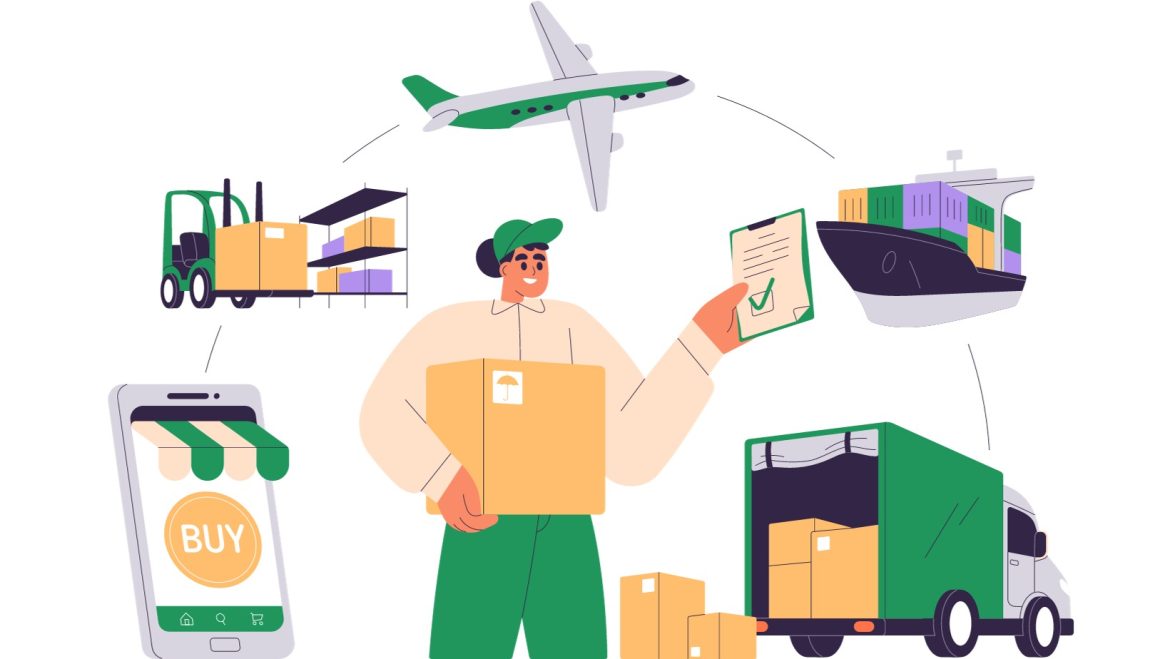In an era where consumers demand transparency, sustainability, and ethical sourcing, supply chain management has become a critical aspect of business operations. Traditional supply chain systems often lack the transparency and traceability necessary to meet these demands. However, the integration of blockchain technology is revolutionizing the way supply chains operate, offering enhanced transparency and accountability at every stage of the process.
Understanding Supply Chain Transparency
Supply chain transparency refers to the ability to track the movement and provenance of products, components, and raw materials throughout the entire supply chain. It involves providing stakeholders with real-time information about the origin, production, handling, and distribution of goods. Transparency builds trust, reduces fraud, and ensures that ethical and environmental standards are met.
The Role of Blockchain in Supply Chain Transparency
1. Immutable Record-Keeping
Blockchain is a decentralized ledger that records transactions in a secure and immutable manner. Each transaction is grouped into a block, and blocks are linked together in a chain. Once recorded, data cannot be altered or deleted, providing an auditable history of all transactions and events in the supply chain. This transparency is particularly valuable for verifying the authenticity of products and ensuring compliance with regulations.
2. Traceability and Accountability
Blockchain enables end-to-end traceability in the supply chain. Every participant, from manufacturers to distributors to retailers, can record and view the history of a product as it moves through the supply chain. This traceability enhances accountability, making it easier to identify and rectify issues such as contamination, counterfeiting, or theft.
3. Smart Contracts for Automation
Smart contracts are self-executing contracts with the terms of the agreement directly written into code. They can automate various aspects of supply chain processes, such as payments, quality checks, and inventory management. When predefined conditions are met, smart contracts automatically execute actions, reducing delays and human errors.
Real-World Applications
Blockchain’s impact on supply chain transparency extends to various industries:
1. Food Safety
In the food industry, blockchain can track the origin of products, ensuring that consumers have access to information about where their food comes from. This transparency enhances food safety by allowing for quicker recalls in case of contamination.
2. Pharmaceutical Traceability
Pharmaceutical companies can use blockchain to trace the production and distribution of medications, reducing the risk of counterfeit drugs entering the market. Patients can verify the authenticity of their medications through blockchain.
3. Ethical Sourcing
Blockchain can be employed to trace the origin of raw materials such as conflict minerals, diamonds, or sustainably sourced coffee and cocoa. This ensures that products are ethically sourced and comply with international standards.
4. Fashion and Luxury Goods
Luxury brands are leveraging blockchain to prove the authenticity of their products and combat the proliferation of counterfeit goods. Customers can verify the authenticity of luxury items through blockchain records.
Challenges and Adoption
While the potential benefits of blockchain in enhancing supply chain transparency are clear, there are challenges to widespread adoption. These include concerns about data privacy, scalability, interoperability between different blockchain platforms, and the cost of implementation. Moreover, collaboration among supply chain stakeholders is essential for successful integration.
Conclusion
Blockchain technology has the potential to revolutionize supply chain transparency by providing a secure and immutable record of transactions and product movements. As consumers increasingly prioritize transparency and ethical sourcing, businesses that embrace blockchain in their supply chains stand to gain a competitive edge. While challenges exist, the benefits of enhanced transparency, accountability, and trust are driving the adoption of blockchain in supply chain management, making it a key technology for the future of global trade.
